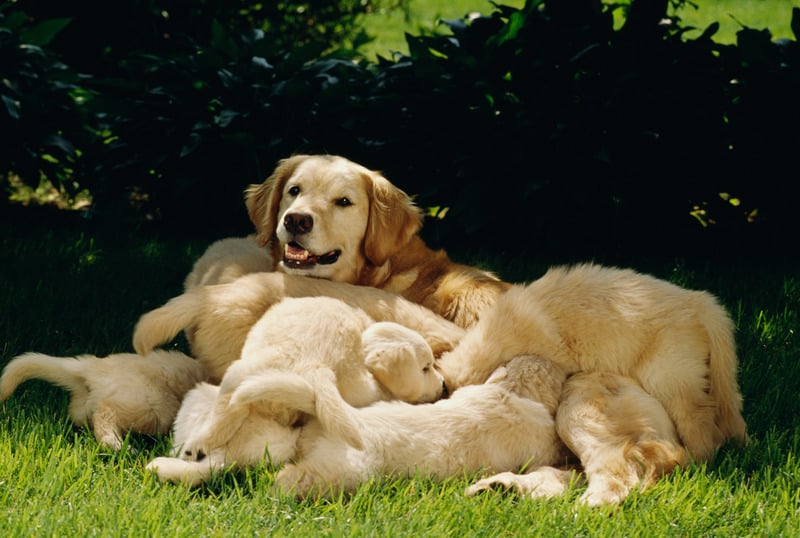When we think about the best service dogs, we often picture the incredible bond between handler and dog. This is a partnership built on trust, skill, and dedication. What many don’t see is the long road of training, socialization, and health that begins long before a dog ever actively works with a handler. A critical piece of this journey starts at the very beginning: breeding.
The breeding of service dogs is not just about producing puppies. It’s about ethics, responsibility, and ensuring that the dogs who dedicate their lives to serving people are set up for health, success, and well-being. For handlers, trainers, and the general public, understanding the considerations behind breeding service dogs is essential.
Why Breeding Matters for Service Dogs
Service dog breeds must meet a very specific set of criteria: health, temperament, trainability, and resilience. While some rescue dogs excel in service work, many programs rely on purpose-bred dogs to increase the likelihood of producing candidates who can succeed in demanding roles.
However, the need for specialized dogs must always be balanced with ethical responsibility. Poor or careless breeding can lead to health issues, temperament problems, and ultimately, a failure to serve the people who rely on them.
Ethical Considerations in Service Dog Breeding
Health Testing is Non-Negotiable
Responsible breeding starts with health. Ethical breeders test for genetic conditions common to their breed, such as hip dysplasia in Labradors or heart issues in Golden Retrievers. Puppies destined for service work should come from lines carefully screened for hereditary diseases, ensuring they can live a long, healthy life.
Temperament is Just as Important as Health
Not every dog has the personality to be a service dog. Breeding should prioritize stable, confident, people-focused temperaments. Dogs that are anxious, aggressive, or overly excitable are not only poor candidates, but they can also be unsafe in public work.
Welfare of the Breeding Dogs
Service dog breeding programs must put the well-being of their breeding dogs first. This means ethical care, appropriate housing, enrichment, veterinary care, and retirement plans. Breeding dogs should be beloved companions, not just tools for producing puppies.
Limiting Overbreeding
Ethical breeders carefully plan litters. Producing more puppies than can reasonably be placed into training programs or homes contributes to overpopulation and risks neglecting the individualized care puppies need to thrive.
Transparency and Accountability
Programs and breeders should be transparent about their practices. This includes disclosing health testing results, being honest about success rates (not every puppy will make it as a service dog), and prioritizing the puppy’s well-being over profit.
What Handlers and the Public Should Know
- Not All Service Dogs Come From Breeders. Many excellent service dogs come from shelters or rescues. Purpose-bred dogs are one pathway, not the only one.
- Avoid Supporting Puppy Mills. Dogs from high-volume, profit-driven breeders are less likely to succeed as service dogs and more likely to face lifelong health and behavioral issues.
- Breeding Should Serve the Mission, Not the Market. If a program breeds dogs, it should be because it supports the mission of creating successful service dog-handler partnerships, not because there’s money to be made.
- Ask Questions! Handlers and trainers should feel empowered to ask where a dog comes from, what health testing was done, and what happens if the dog doesn’t succeed in training.
A Call for Balance
Ethical breeding is about balance. Ensuring that the need for reliable, capable service dogs doesn’t overshadow the welfare of the animals themselves. Every service dog deserves to start a life in an environment that prioritizes health, socialization, and love.
At Justice Speaks, we advocate not only for the civil rights of handlers and their service dogs, but also for the well-being of the dogs themselves! A strong foundation of ethical breeding practices helps ensure that service dogs can continue to transform lives in ways that honor their dedication, loyalty, and service.
If you’re considering a service dog breed or supporting a program, take time to learn about where the dogs come from. Responsible breeding practices protect not just the dogs, but the people who depend on them.


